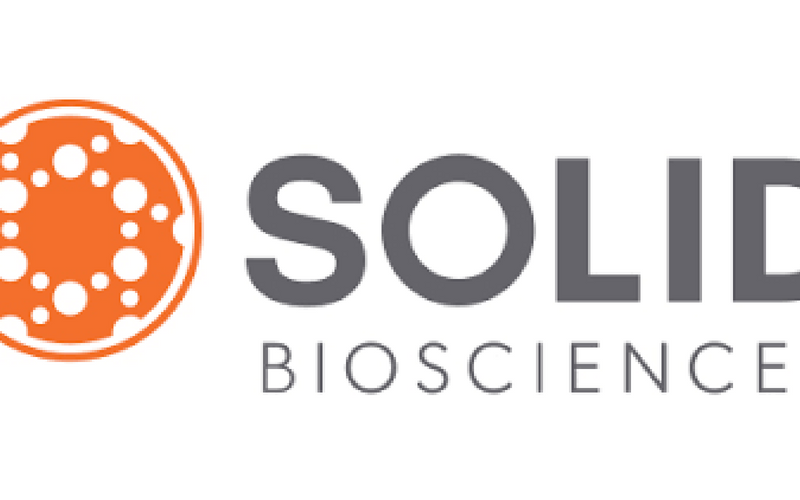Solid Biosciences have today released an update on their clinical trial of a gene therapy for Duchenne.
The IGNITE DMD trial is an early stage clinical trial investigating the safety of a potential gene therapy – called SGT-001 – for Duchenne.
The company has announced the results seen from a third patient treated with the high dose of SGT-001. After 3 months, microdystrophin protein is being produced in between 50 and 70% of muscle fibres and proteins called neuronal nitric oxide synthase (or nNOS) and beta-sarcoglycan are found alongside the microdystrophin. Bringing these proteins together is one key function of dystrophin, so this finding provides more evidence of the potential of SGT-001. Clinicians also found that levels of serum creatine kinase, a highly variable biochemical marker of muscle damage, were reduced compared to levels at the start of the trial.
It’s important to note that the trial is still on clinical hold – or paused – after serious side effects were observed in some participants. Solid is still analysing the causes of that event with the aim of removing the clinical trial hold to continue the SGT-001 development programme as soon as possible.



 Hundreds inspired by Duchenne Science on Tour project
Hundreds inspired by Duchenne Science on Tour project

